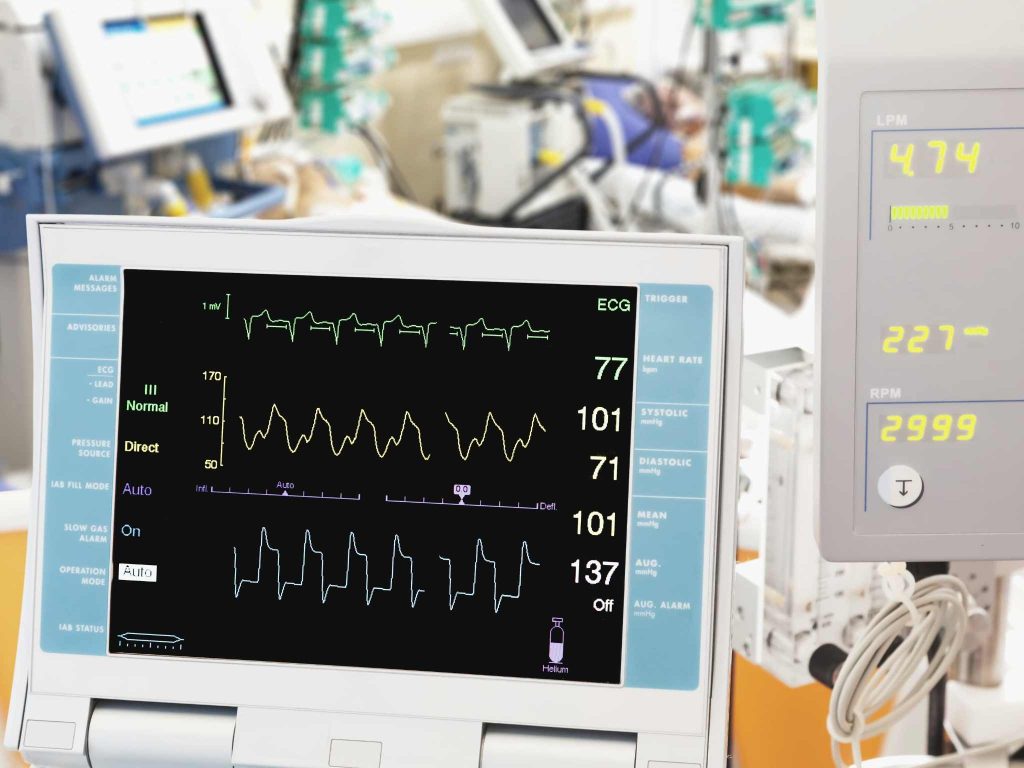ECMO
According to the American Thoracic Society, ECMO is “a life support machine that replaces the function of the heart and lungs for patients who have a severe or life-threatening illness.”
What Is the ECMO Nurse Role Like?
In order to take on the ECMO nurse role, peer-reviewed journal, Nursing2020 Critical Care, states that one must be extremely experienced and trained before taking the reins in this field; in terms of nursing, these are usually ICU RNs.
An ECMO nurse is a highly specialized role in the nursing field, and there are many collaborating healthcare professionals that care for ECMO patients; including critical care physicians and respiratory therapists.
However, an ECMO nurse with years of experience in the field has the potential to have the upper hand in patient care expertise.
For example, in the Qatar Medical Journal, it outlines that a specialized ECMO nurse plays an essential role in their ability to:
- Provide 24-hour patient care and management
- Administer medication
- Obtain patient history
- Safely manage the ECMO circuit

Where Do I Start?
There are various ECMO training programs available to nurses, and some only take three days to complete!
Thomas Jefferson University’s ECMO Training Program covers various topics in a short period, including:
- History of ECMO: Past, Present and Future
- Weaning and Decannulation from ECMO
- ECMO Physiology
- Ethics
- Cardiac ECMO
- Case Study
- Pulmonary ECMO
- ECMO Economics and Program Development
- Introduction to Simulation
- Mega Simulation Session
- Circuit Checks
- PT and Circuit Management
- Indication/PT Selection
- Anticoagulation
- Cannulation/Initiation
As a previous ECMO nurse, you must have thorough training and a foundational understanding of the machine itself before you can even think about caring for a patient who needs it.
In most cases, ECMO nurses will typically work in cardiovascular or medical ICUs; some may assist in surgical procedures, too.
The ECMO Team
Patients that are on ECMO are extremely fragile and in most cases, hemodynamically unstable.
They require multiple team members to adequately and safely manage their care as well as the ECMO circuit.
The ECMO team most often consists of a physician, nurse, perfusionist, and in some cases a respiratory therapist if the patient is on a ventilator.
The duties of an ECMO nurse may consist of monitoring/managing:
- Hemodynamics
- Anticoagulation
- Ventilation
- Renal
- Labs
If this sort of critical nursing care sounds like something you would like to do, you should go for it!
Taking care of patients on ECMO can be an incredibly challenging, skill intensive nursing role, yet, it can be so rewarding.
Sometimes, if the patient is adequately managed and sedated, your role will mostly revolve around monitoring the areas we listed above.
In other cases, cannulating a patient to ECMO can be an adrenaline pumping, high-risk situation. Having the knowledge, skill, and ability to remain calm is essential in this role.
What experiences have you had with ECMO? Does it sound like something you would want to do?






